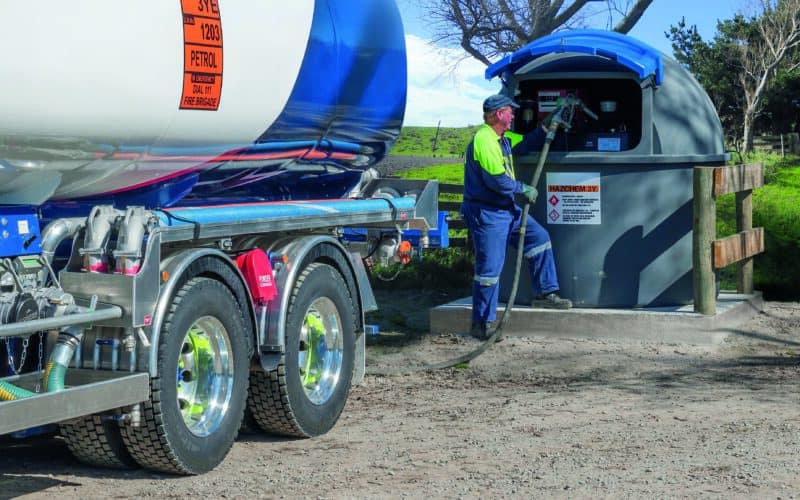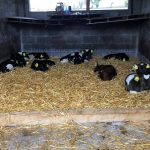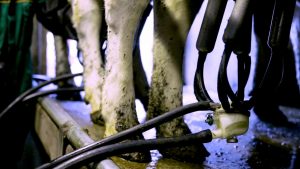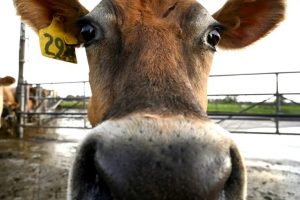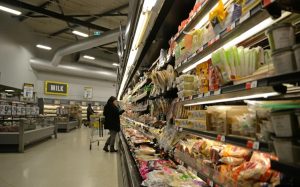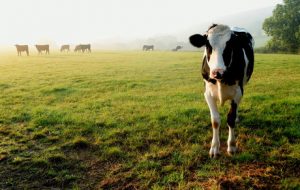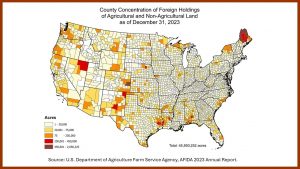
Think tank’s scenario exercise homes in on threat from alternative proteins.
A government think tank has outlined what it believes would be the impact on the New Zealand economy of two disaster scenarios for agricultural exporters.
The Productivity Commission looked at the fallout of a trade war where non-specified “Asian” countries (but not including Japan or South Korea) impose trade restrictions equivalent to a 25% tariff on imports from a host of Western countries including NZ.
The second scenario was a “large technological change” hitting demand for NZ exports, such as the “rapid uptake” by consumers of synthetic dairy products produced at half the price of products derived from cows’ milk.
The commission, which also looked at the impact of a major oil shock, said none of the scenarios were “realistic predictions of future events” but were modelled for the purposes of assessing the economy’s preparedness for economic shocks in general.
The commission’s report, released earlier this month, found that an oil shock would have the largest immediate impact on economic output, as measured by the country’s Gross Domestic Product, but the technological and trade shocks delivered the largest hits to employment.
Under the oil shock scenario GDP would fall 7.5% in the first 12 months following the surge in fuel prices, compared to a 1.5% reduction in the event of a trade war or cheaper alternative to dairy emerging.
However, the commission noted that while lost output from a trade war or oil shock could not be regained, the economic impact was likely to be short-lived.
“In contrast the [dairy] technology shock is unlikely to be reversible (short of banning or regulating the new source of protein competing with dairy-based milk).
“In response the economy could, and likely would, adapt by finding new products or markets for exports.
“This would reduce the impact of the shock.
“However, if the economy did not change and output continued, the impact of the technology shock would be repeated in future years.”
The cost in jobs lost to a cheaper synthetic competitor to dairy would be felt in the short term in the loss of 111,000 jobs, compared to 33,000 resulting from an oil price shock, and 24,000 from a trade war.
In the event of a competitor to dairy emerging, the commission estimates 15,000 dairy farm job losses, almost 8000 job losses in dairy factories, and another nearly 3000 lost in agricultural service industries.
Assuming those who lost their jobs would be able to find new ones, the commission believes most would be redeployed to the meat processing industry with a net gain of nearly 22,000 jobs, followed by sheep, beef and grain farming (nearly 17,000 new jobs) and seafood processing (3000 jobs).
The commission estimates the largest number of jobs lost following a dairy technology shock would be in Auckland (nearly 6000), Waikato (3000) and Wellington (1800).
However, the biggest negative impact would be felt on the West Coast and Waikato when job losses were compared to the size of the jobs market in those regions.
However, just how likely are the so-called unlikely disaster scenarios modelled by the Productivity Commission?
A low-cost synthetic replica of milk and meat produced with lower carbon emissions has been the holy grail for environmentalists and investors alike for some time now.
A Rabobank report, entitled Disruptive Food Products Prove to be more Hype than Bite, noted a dramatic tapering off of the volume of cash pouring into the sector in 2023 due to higher interest rates, a struggling global economy and weak demand among consumers.
Between 2010 and 2022 there had been a 288% increase.
However, Rabobank analyst Thomas Bailey said the threat hasn’t gone away.
“While disruptive innovations underperformed against our expectations this time, the quality of the disruptive food products will be higher in the future and may catch us off guard.”
As for a trade war between China and the West, including NZ, Rabobank’s Singapore-based global analyst Michael Every believes it is not out of the question.
Following Russia’s invasion of Ukraine two years ago, Every predicted the possibility of a trade war if China provoked the West and supplied military aid to its Russian ally.
That didn’t happen, but Every said tensions remain high and elections in the United States this year could create another flashpoint depending on the results.
“I see no signs whatsoever that the global trend away from free trade towards the weaponisation of trade and the use of coercion as an instrument of geo-politics has reduced,” he said.
